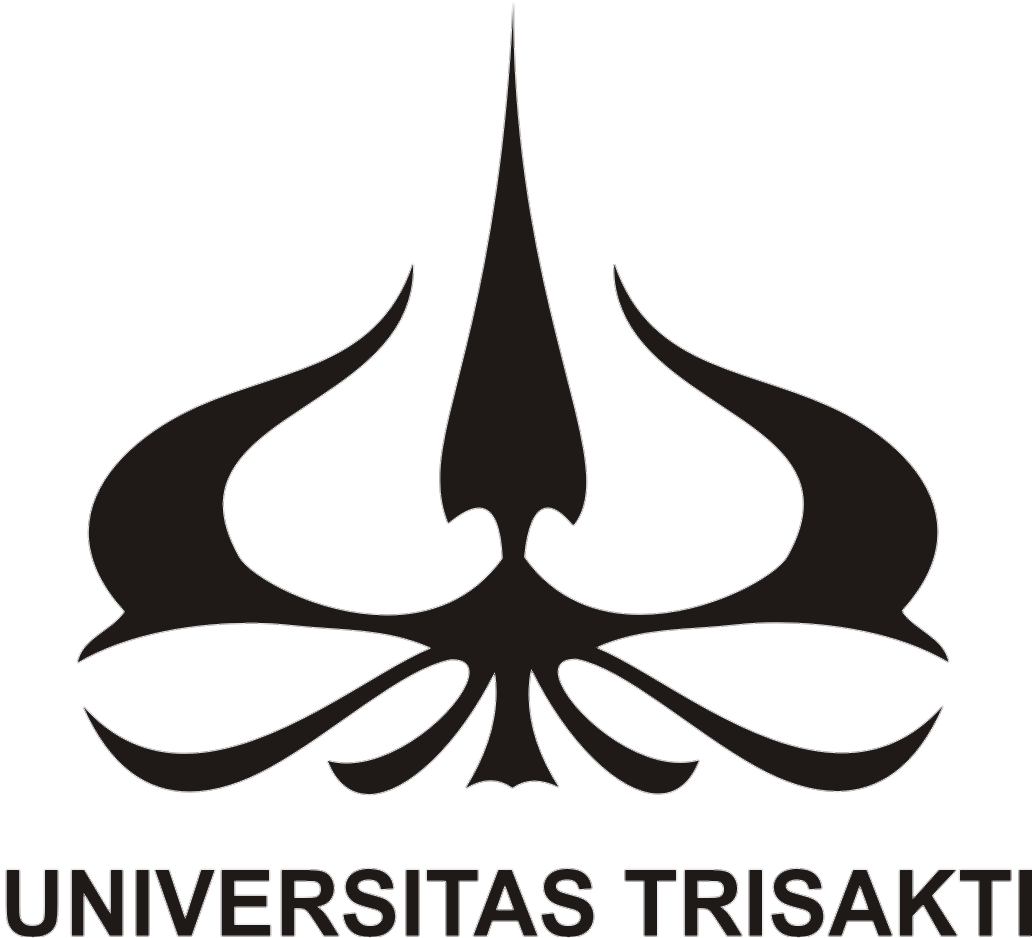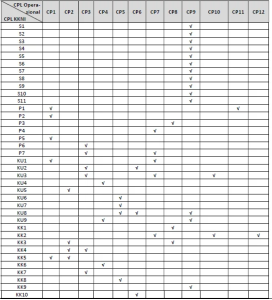I. Knowledge Learning Outcomes
- Ability to acquire and apply university-level mathematical knowledge including integral calculus, differential, linear algebra, complex variables, and probability and statistics (P1)
- Ability to apply knowledge and practical physics (P2)
- Ability to apply computational knowledge needed to analyze and design complex devices or systems (P3)
- Ability to apply core knowledge in electrical engineering including electrical circuits, systems and signals, digital systems, electromagnetics, and electronics (P4)
- Ability to apply breadth of knowledge covering a number of engineering topics (P5)
- Ability to apply at least one area of depth knowledge (P6)
- Ability to apply and skills acquired from previous lectures in engineering design activities (P7)
II. General Skills Learning Outcomes
- Able to apply logical, critical, systematic, and innovative thinking in the context of the development or implementation of science and technology that pays attention to and applies humanities values in accordance with their field of expertise (KU1)
- Able to demonstrate independent, quality, and measurable performance (KU2)
- Able to study the implications of the development or implementation of science and technology that pays attention to and applies humanities values according to their expertise based on scientific principles, procedures and ethics in order to produce solutions, ideas, designs or art criticism, compose a scientific description of the results of the study in the form of a thesis or report final project, and upload it on the college page (KU3)
- Compile a scientific description of the results of the studies mentioned above in the form of a thesis or final project report, and upload it on the university’s website (KU4)
- Able to make appropriate decisions in the context of solving problems in their area of expertise, based on the results of information and data analysis (KU5)
- Able to maintain and develop a network with supervisors, colleagues, colleagues both inside and outside the institution (KU6)
- Able to be responsible for the achievement of group work results and supervise and evaluate the completion of work assigned to workers under their responsibility (KU7)
- Able to carry out the process of self-evaluation of the work group under their responsibility, and able to manage learning independently (KU8)
- Able to document, store, secure, and rediscover data to ensure validity and prevent plagiarism (KU9)
III. Special Skills Learning Outcomes
- Ability to apply knowledge of mathematics, natural sciences, information technology and engineering to gain a thorough understanding of the principles
- engineering principles (KK1)
- Ability to design components, systems, and/or processes to meet expected needs within realistic limits, such as legal, economic, environmental, social, political, health and safety, sustainability as well as to identify and/or utilize potential resources local and national with global insight (KK2)
- Ability to design & carry out laboratory and/or field experiments as well as analyze and interpret data to strengthen technical assessment (KK3)
- Ability to identify, formulate, analyze and solve technical problems (KK4)
- Ability to apply modern technical methods, skills and tools required for engineering practice (KK5)
- Ability to communicate effectively both orally and in writing (KK6)
- Ability to plan, complete and evaluate tasks within the existing limits systematically (KK7)
- Ability to work in cross-disciplinary and cross-cultural teams (KK8)
- Ability to be responsible to the community and comply with professional ethics in solving technical problems (KK9)
- Ability to understand the need for lifelong learning, including access to knowledge related to relevant contemporary issues (KK10)
IV. Attitude Learning Achievements
Graduates have the attitude:
- Fear God Almighty and be able to show a religious attitude (S1)
- Upholding human values in carrying out duties based on religion, morals, and ethics (S2)
- Contribute to improving the quality of life in the community, nation, state, and progress of civilization based on Pancasila (S3)
- To act as citizens who are proud and love their homeland, have nationalism and a sense of responsibility to the country and nation (S4)
- Appreciate the diversity of cultures, views, religions, and beliefs, as well as the opinions or original findings of others (S5)
- Cooperate and have social sensitivity and concern for society and the environment (S6)
- Obey the law and discipline in social and state life (S7)
- Internalize academic values, norms, and ethics (S8)
- Demonstrate a responsible attitude towards work in the field of expertise independently (S9)
- Internalize the spirit of independence, struggle, and entrepreneurship (S10)
- Trisakti Trikrama Character (S11)



